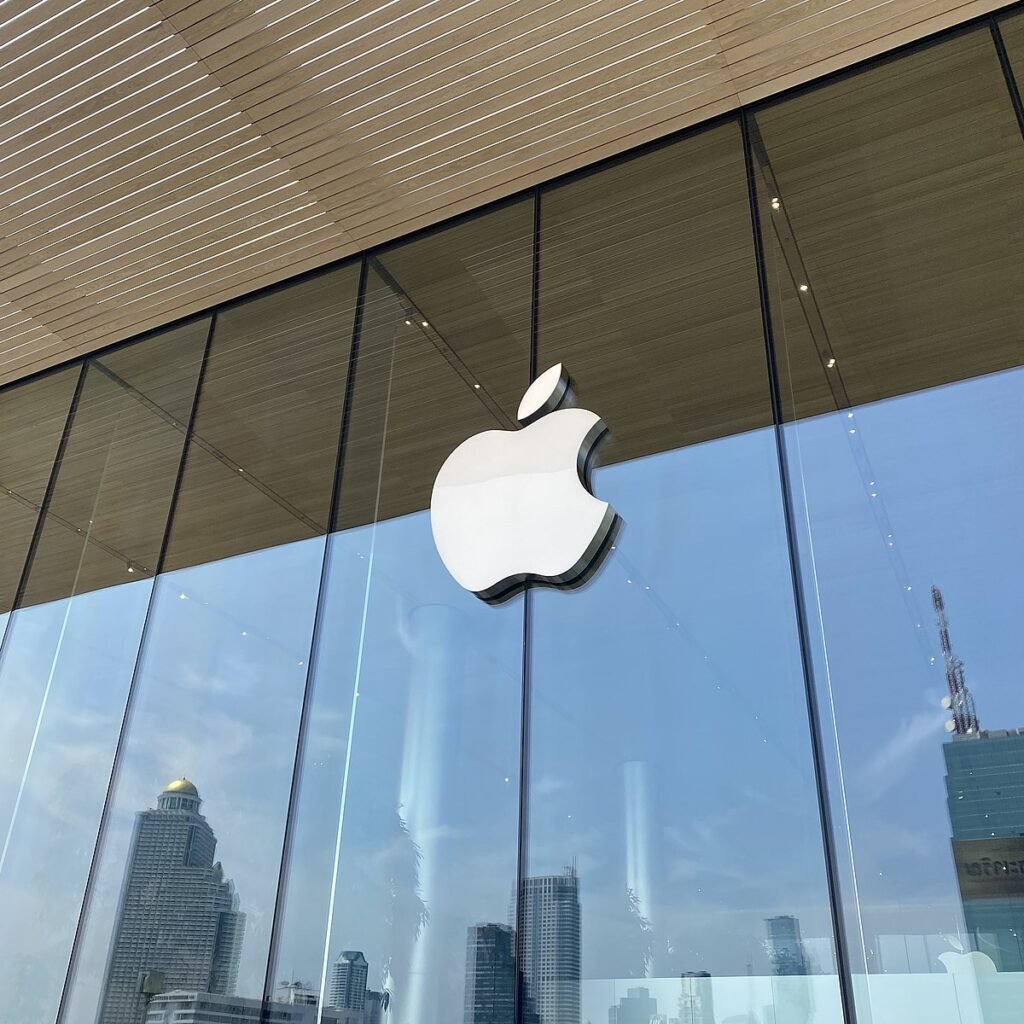French antitrust regulators have penalized Apple a record €150 million ($162.4 million) for allegedly abusing its market power in the mobile advertising market. The reason behind this sanction is the company’s use of its App Tracking Transparency (ATT) technology, aimed at limiting the tracking of users’ behavior across multiple apps on iPhones and iPads. As for the privacy feature, which has stirred a lot of debate in the technology and advertising industries, the fine is Apple’s first major regulatory move.
The ruling by the French competition authority is just a year after the European Union fined Apple a whopping €1.8 billion for allegedly undermining competitors in the music streaming industry by exploiting unfair means in its App Store. The increased scrutiny is an extension of broader concerns regarding the way tech giants deal with their market dominance, especially in terms of user privacy and digital advertising.

At a press conference, French Competition Authority chief Benoit Coeure minimized the threat of retaliation by the United States, especially former President Donald Trump, after he previously warned EU against issuing fines on U.S. firms. Coeure asserted that there were no political considerations involved and that the action of the French authority was only motivated by competition law. “We enforce competition law in an apolitical way,” Coeure said, adding that U.S. regulators are likely to persist with their aggressive enforcement of antitrust legislation, especially against digital platforms.
At the center of the matter is Apple’s App Tracking Transparency feature, which allows users to choose which apps are allowed to monitor their activity for advertising purposes. Although this functionality was launched with the explicit objective of promoting user privacy, some advertisers, app developers, and mobile game makers have criticized it. According to these critics, ATT has rendered digital advertising on Apple’s platforms more difficult and expensive, particularly for small and medium-sized businesses and third-party advertisers who base their ad targeting on user information.
Apple has expressed its disappointment with the French ruling but has also indicated that it will not be required to make any immediate changes to the App Tracking Transparency tool itself. In a statement, the firm observed, “Although we are disappointed by today’s ruling, the French Competition Authority has not mandated any specific changes to ATT.” Apple also observed that the regulator had not specified any particular changes the firm needs to make to its app. Rather, it now falls to Apple to ensure that it will follow the judgment in the future.
The French probe of Apple’s ATT usage began in 2021 and involves measures taken through 2023. The case was initiated by the complaints lodged by various advertising groups, online publishers, and internet networks. They alleged that Apple was using its market dominance in the mobile segment to destroy competition in digital ads. The French Competition Authority in its statement found that the goal of ATT – the protection of personal data – was legitimate, but its application was “neither necessary nor proportionate” to ensure the achievement of that purpose. The authority concluded that the tool disproportionately injured smaller publishers, who rely significantly on the gathering of third-party data in order to finance their activities.
The French regulator highlighted the vulnerability of smaller advertisers to the new world created by ATT. Without the ability to follow user activity between apps, these smaller entities see increased ad costs and lower ad effectiveness in reaching their target markets. These companies depend upon accurate information to construct effective advertising campaigns, and ATT’s limitations made that more challenging. Consequently, several have contended that the privacy feature has disproportionately benefited bigger companies, including Apple itself, that can better withstand the blow of making such changes.
Following the ruling, the organizations that had complained to the French authorities hailed the ruling as a win for advertisers. Organizations such as Alliance Digitale, Syndicat des Regies Internet (SRI), Union des Entreprises de Conseil et d’Achat Média (Udecam), and Groupement des Éditeurs de Services en Ligne were pleased with the result, describing it as a strong victory for their industry. These companies had long contended that Apple’s policies were not only about defending user privacy but a strategic step to secure its own place in the mobile advertising ecosystem.
With the legal and regulatory environment regarding digital privacy changing every day, Apple is currently also under investigation from other European nations, such as Germany, Italy, Poland, and Romania, all of which are examining the impact of ATT on competition in their respective markets. The French case was only one facet of a broader wave of antitrust investigations into the way big tech platforms leverage their market power to shape advertising and data-gathering practices. The continuing investigations in these nations indicate that the European Union’s regulatory approach to digital privacy and competition is only going to strengthen in the months ahead.
Apple is now in the position of having to navigate these probes and possibly modifying its privacy policies. Although the company does not necessarily have to change the ATT tool right away, the constant pressure from European regulators might compel the tech giant to rethink how it weighs user privacy against the requirements of smaller advertisers. The results of these investigations are likely to have significant precedents for the ways in which technology companies everywhere will address questions surrounding user data, digital privacy, and competition.
This is just one slice of a more comprehensive narrative on how corporate might, competition, and privacy work together in the tech industry. It is not certain whether Apple would radically change its business practices or whether it will persist in defending its policies against mounting legal challenges as regulators on both sides of the Atlantic ratchet up their examination of big tech companies. The whole digital advertising sector, still struggling with the evolving needs of privacy, transparency, and reasonable competition, is in jeopardy, not only Apple.








